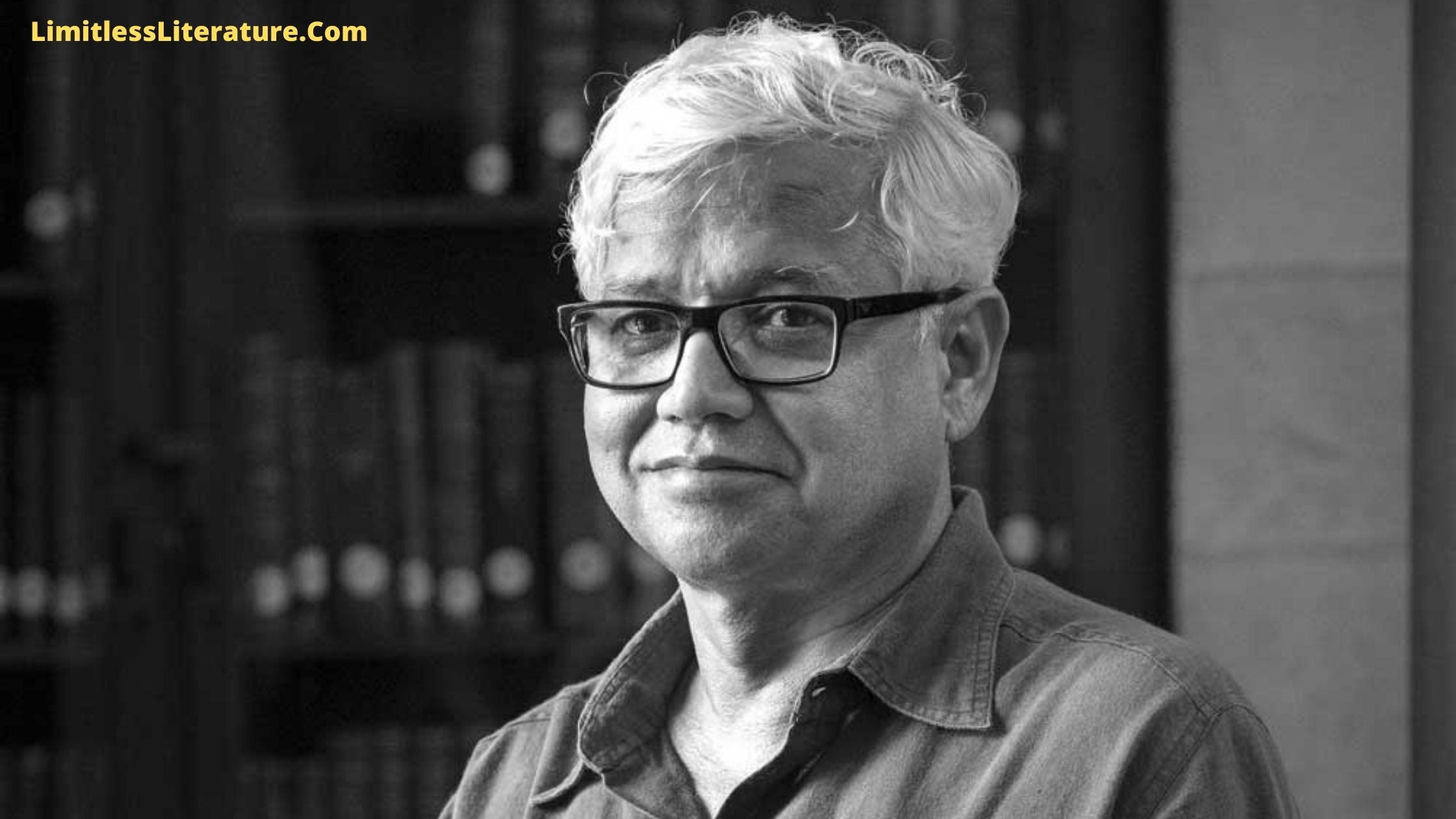In several examinations, there were questions put forth from Amitav Ghosh’s Ibis Trilogy.
For a new aspirant of UGC-NET English Literature, the trio might appear something never heard before. The same goes for the students who avoid Indian Literature for the sake of so-called British Literature.
When I was preparing, I did not care much about what would be asked in the exam and read whatever comes on my hand.
A large part of my studies included active participation. Whenever I read or learned something new, I applied it into practice. But, most of the times, it was self-talk, lying down on my back and thinking about the sentences and vocabulary the writer had used in the novel. This could be a reason why I remembered most of the ideas and works in the examination.
The same habit is what I’ve been encouraging my students to develop.
Coming back, in this blog post, we are not going to discuss the Ibis Trilogy. But, in case if you don’t know what this trio all about, here is an overview.
It comprises of:
- Sea of Poppies
- River of Smoke
- Flood of Fire
The first book, Sea of Poppies, was shortlisted for the 2008 Booker prize. And all of these works set in the 19th century.
The word Ibis is the name of a ship where the characters are introduced at the novel’s beginning. The two major historical events that the author has discussed are “The Great Experiment” and the opium trade between India and China.
The rest of the details we will discuss in our other posts.
Now, let’s talk about the title of this post for what you have clicked the link and arrived here on the website.
Stuck At UGC-NET English Literature Exam Preparation?
Check Out Our Smart Study Material And Personal Mentorship Program
Recent Works By Amitav Ghosh
I was introduced to the works of Amitav Ghosh while studying the columns of Khushwant Singh. He called Amitav Ghosh’s The Shadow Lines one of the greatest works in terms of language, plot and structure.
I ordered the novel immediately and read it repeatedly to find out how a novel should be written. So much of my writing inspiration comes from the two-three authors. Amitav Ghosh is one of them.
Although I’m careless about the structure and plot, I try my voice and message does not go unheard – an art I learned from a book titled “In the Company of a Poet: Gulzar”.
Recently in February 2021, Amitav Ghosh’s Jungle Nama was released. It’s a third work in the series. The first two being The Hungry Tide and The Gun Island.
I cannot recall the examination in which there was a question: “Who wrote the Gun Island?” The answer was Amitav Ghosh.
As mentioned earlier, once in a while, they ask questions from Amitav Ghosh, this time, I found questions from his latest works.
Check the blog post on the latest work written by Jhumpa Lahiri.
Further Reading
Hungry Gun in The Jungle is nothing but a trick to remember the trilogy:
- Hungry Tide
- The Gun Island
- Jungle Nama.
Hungry Tide
The work talks about Piyali Roy, a young biologist who fell into the river. She was saved by a fisherman named Fokir. They both are drawn towards each other.
To help Piyali continue her research work in the Sunderbans area, the third character Kanai Dutt was introduced in the novel. Check it out on Amazon.
Gun Island
The character Piyali reappeared, and we see the story on Sunderbans continued. The son of Fokir, who was around six and now aged about twenty in this novel. There is a 15-year gap between the stories Hungry Tide and Gun Island. Climate change, past and present, is the recurring motif in this trio.
The novel was originally published in 2019. On its release, Amitav Ghosh got in conversation with a professor of Jadavpur University. You can check the press release published here on The Telegraph Online to know more about the brief discussion on the novel Gun Island.
Jungle Nama
The book talks about the folk tale of Bon Bibi or Bandurga, a protector for the people living in Sundarban forests. It is believed that the people, before entering the forest, take the name of Bon Bibi for protecting them from the tigers.
The book is 70 pages long. So rather than reading the summaries, the good idea is to experience the fathomless Sunderbans. Here is the direct link to Amazon.
Conclusion
Giving a quick revision of the previous year papers of UGC-NET or even checking out SET exams may help you get an idea about the format of the question papers.
You may at least get an idea about the topics you need to study in-depth. You can also become good at having an overview of the subjects that are less important yet might appear in the exams.
Amitav Ghosh is one such writer that you may think of reading in-depth. Another two common writers from Indian Literature are Anita Desai and R.K. Narayan. I make sure to keep you updated as soon as a new post goes live. To receive regular updates, you need to join me on telegram here.
Also, let me know your views on Indian Literature in the comments below. Thanks!


Sir got JRF in History and after then I infected by Covid. During my quarantine period and recovery I read books and started preparing for NET in English. So I am making comeback in English. Your ideas and strategies are quite helpful. Thanks
You’re welcome, Shyam. Glad that it helped. Stay connected. 🙂